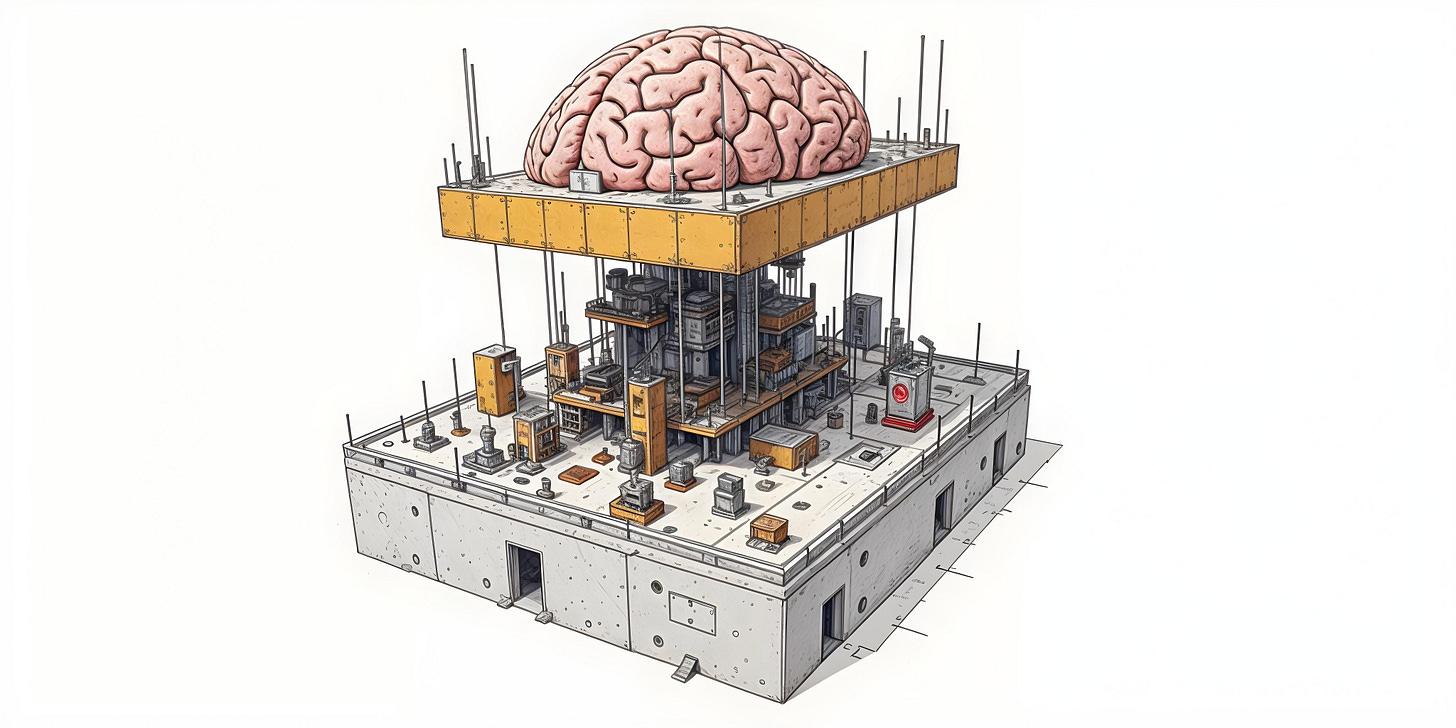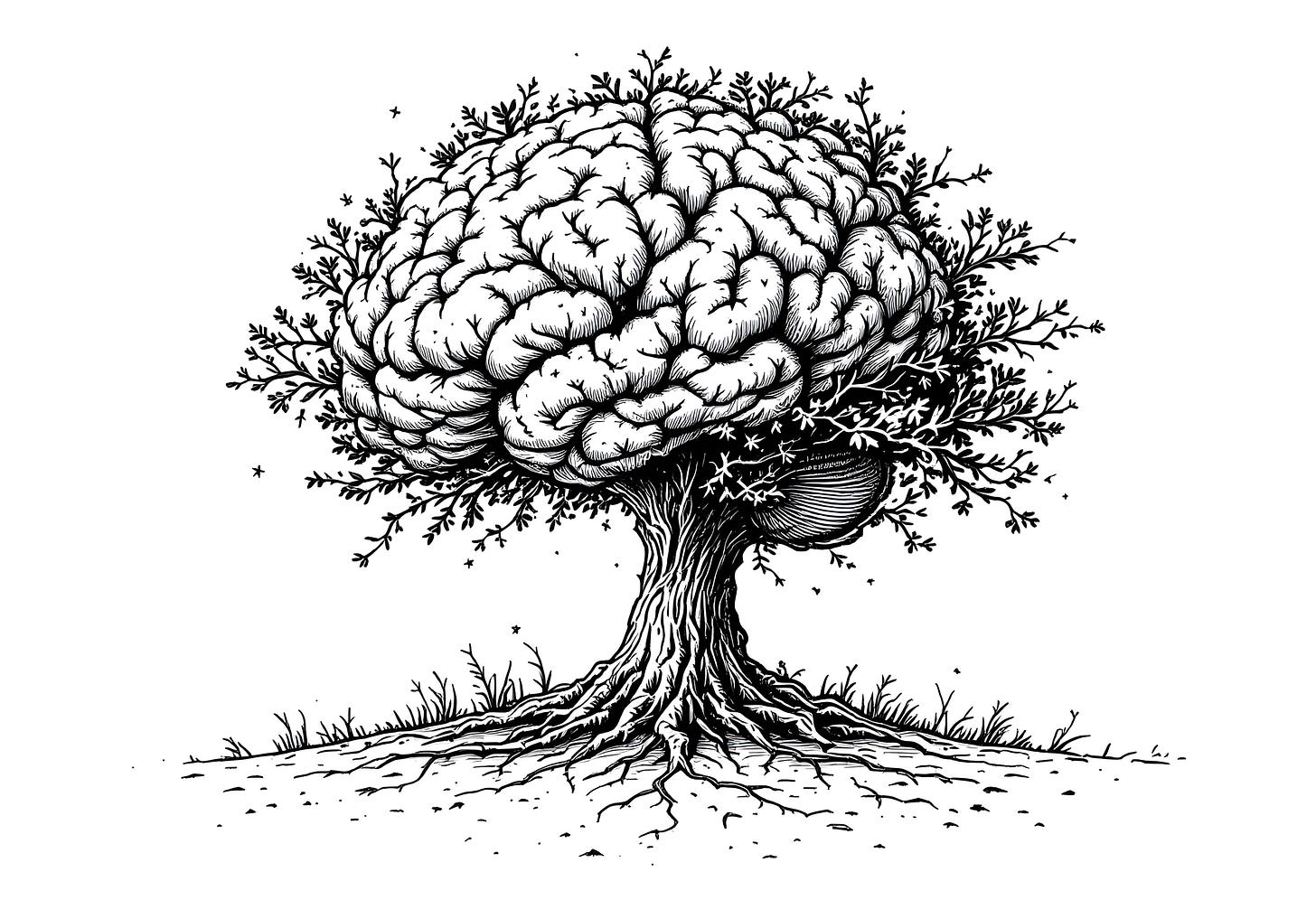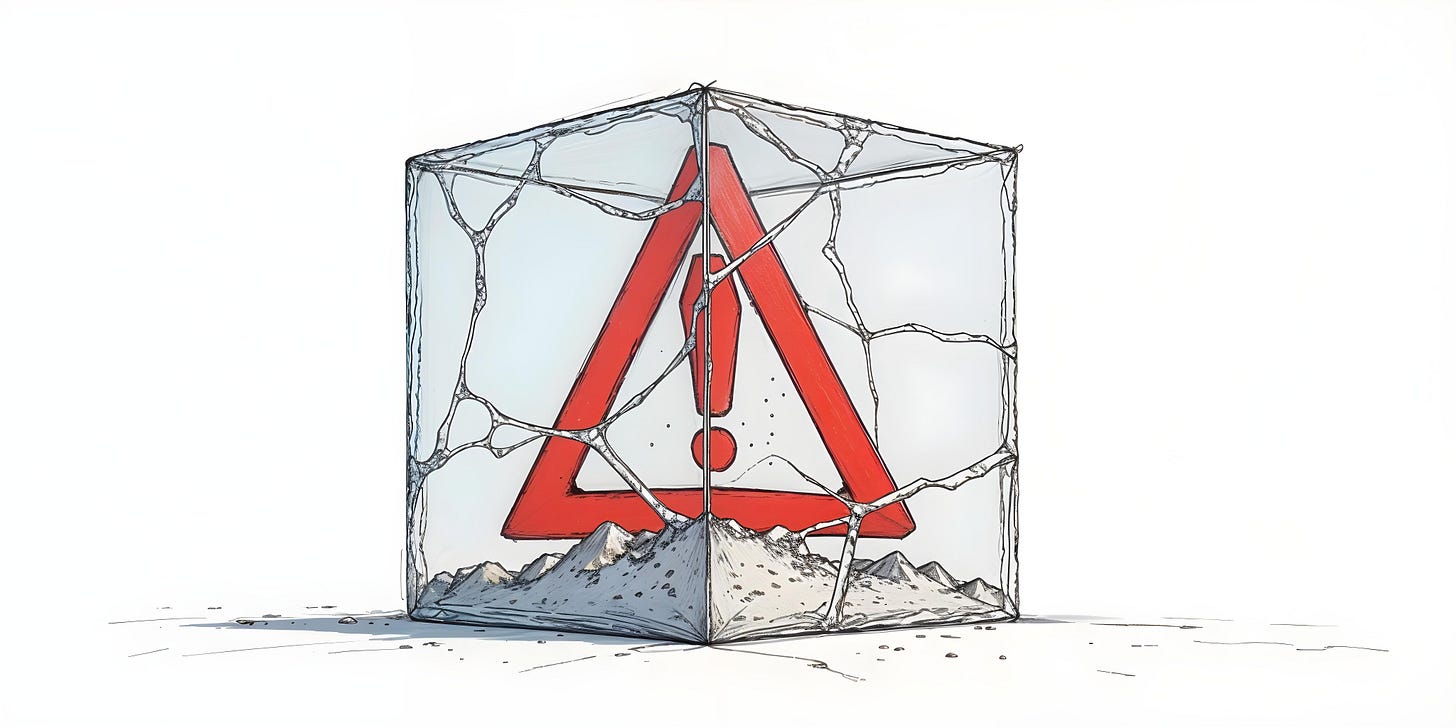50 habits that are damaging your brain without telling you
📍 Downloadable resource included
I used to think brain damage was something that happened only through accidents or diseases, or big, dramatic events that didn’t apply to people like me. I thought as long as I avoided physical trauma, I was safe. That my brain was functioning just fine because I could still multitask, meet deadlines, and keep up with the noise of daily life.
I thought being constantly plugged in, overstimulated, and over-scheduled was just a symptom of adulthood, not a cause for concern.
But I was wrong.
I started paying attention. Really paying attention.
Noticing how often I felt mentally foggy, emotionally reactive, easily distracted, and drained even on days when I technically didn’t do that much. I tracked my screen time. My coffee intake. My sleep. The kinds of conversations I entertained. The way I started every morning with notifications and ended every night with noise.
And suddenly, it all started making sense.
My habits weren’t just shaping my mood or productivity. They were actively reprogramming how my brain functions how I think, feel, focus, and cope. And not in a good way.
Brain damage doesn’t always come with alarms and warning signs. Sometimes it sneaks in quietly, disguised as routine.
It’s in the five hours of passive scrolling that rewires your dopamine system.
It’s in the skipped breakfast that deprives your brain of fuel
It’s in the fake urgency of reacting to every buzz, ping, and click.
It’s in the constant multitasking that fragments your attention and erodes your memory
It’s in the way we survive our days instead of living them with care.
The brain is resilient but it’s also sensitive.
And the truth is, most of us are unknowingly harming it daily.
here are 50 common habits that damage your brain, but you don’t realize
Constant multitasking
Skipping breakfast
Inconsistent sleep patterns
Overexposure to blue light at night (mobile devices)
Chronic stress
High sugar intake
Excessive screen time
Not drinking enough water
Ignoring physical exercise
Too much caffeine
Suppressing emotions
Not spending time in nature
Poor posture
Ruminating over the past
Scrolling first thing in the morning
No creative outlet
Lack of real conversations
Skipping therapy or self-reflection
Comparing yourself with others
Consuming negative news all day
Skipping meals
Overworking without breaks
Lack of sunlight
Shallow breathing
Watching overstimulating content
Doom-scrolling before bed
Not challenging your brain
Listening to loud sounds
Holding grudges
Perfectionism
Excessive self-criticism
Saying “yes” too often
Not having boundaries
Lack of hobbies
Over-relying on Google for answers
Not reading books
Neglecting spirituality or deeper meaning
Eating ultra-processed food
Staying in toxic environments
Always needing background noise
Never sitting in silence
Watching mindless TV
Ignoring gut health
Staying indoors too much
Drinking alcohol regularly (alcohol should be totally avoided)
Smoking or vaping
Not expressing gratitude
Talking negatively to yourself
Living with unresolved trauma
Avoiding hard conversations
how these habits are formed
We form brain-damaging habits out of convenience, culture, and coping. The modern world is designed for instant gratification, not long-term well-being. Every click, swipe, binge, or shortcut pulls you into an algorithm of distraction, validation, and overload.
And when your environment rewards urgency, dopamine hits, and constant busyness, your brain adapts to survive not thrive.
how to break the cycle
Breaking these habits doesn’t require perfection. It requires intention. Start small. Replace, don’t just remove. Choose better over more. Protect your peace like your life depends on it because mentally, it actually does.
Here’s how:
📍 Downloadable resource here…
Be a paid subscriber to get access to the downloadable contents.📍 Downloadable resource here…
Be a paid subscriber to get access to the downloadable contents and read the rest of the content.








